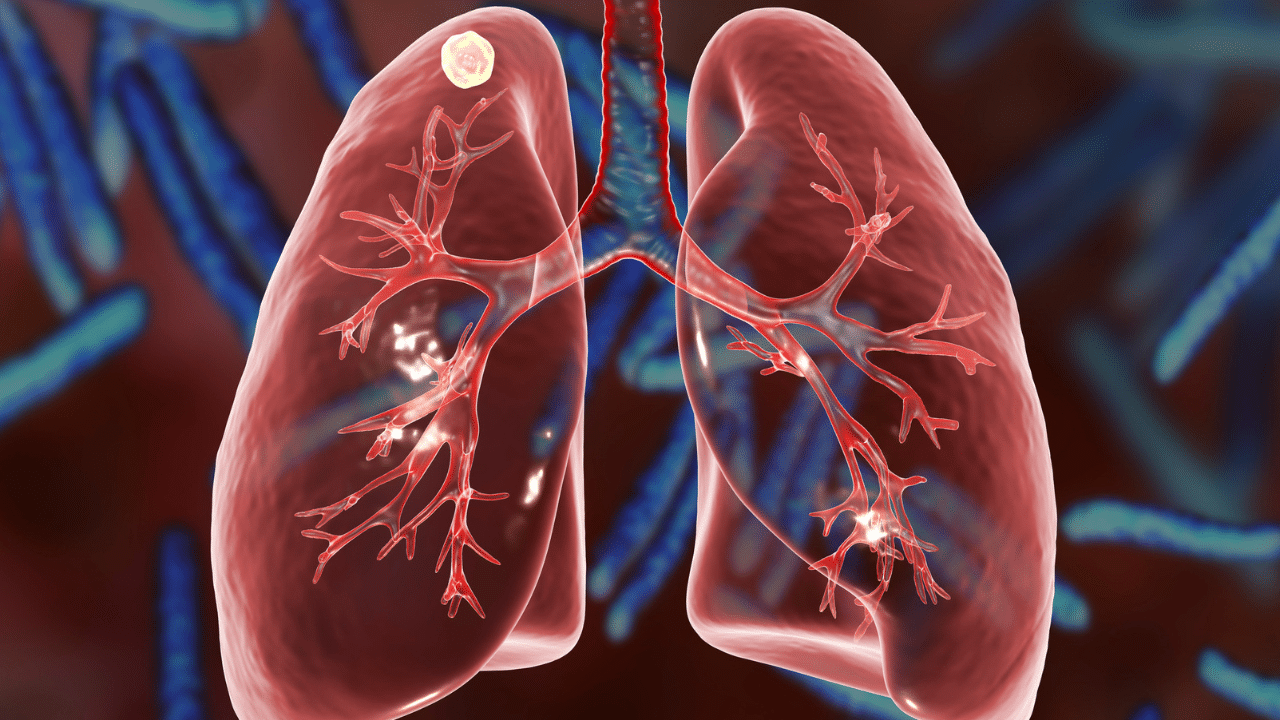
Many medicinal mushrooms hold a significant place in traditional medicine, particularly in South East Asia. Among these, the Tiger Milk mushroom, scientifically known as Lignosus Rhinocerus, is highly prized. This article delves into the profound effect of Lignosus on the body, focusing on its potential benefits to respiratory health, immunity, and antioxidant status.
Understanding Lignosus
Lignosus, a type of mushroom, has been utilized by indigenous communities in South East Asia regions for hundreds of years. Its potent effects have been extensively documented in traditional medicinal practices, particularly for respiratory disorders.
Historical Use of Lignosus
The Tiger Milk mushroom (TMM), another name for Lignosus, was first documented in “The Diary of John Evelyn” approximately 400 years ago. It was introduced as a valuable medical product from Jesuits in Japan and China. This mushroom is colloquially known as “cendawan susu rimau” or “kulat susu rimau,” translating to “Tiger Milk mushroom.”
Modern Recognition of Lignosus
In recent years, the cultivation of TMM has become commercially viable, leading to a resurgence in research into its therapeutic applications. Studies have shown that TMM extract possesses antioxidant1, antimicrobial2, anti-inflammatory, anti-asthmatic, and immunomodulatory activities.
Lignosus and Respiratory Health
Respiratory health has become a focal point in modern health discourse. Protecting the lungs from external stressors such as particles, chemicals, and infectious organisms is paramount. This section explores how Lignosus can potentially contribute to better respiratory health.
Airway Inflammation
Inflammation in the lung is a natural defense mechanism. However, excessive inflammation can be detrimental to human health, requiring the establishment of lung homeostasis. The anti-inflammatory properties of TMM have been investigated in both in vivo and in vitro studies. These studies have reported strong inhibitory effects on the production of tumor necrosis factor-alpha (TNF-α) in macrophage cells.
Asthma
Research also suggests that TMM can be an alternative treatment for acute asthma. TMM extracts have been shown to reduce the infiltration of eosinophil into the lungs of asthmatic rats, suggesting its potential role in reducing airway inflammation.
Respiratory Symptoms
Indigenous communities in South East Asia have traditionally used TMM to improve respiratory health. This study evaluates the effects of TMM on respiratory health, utilizing various indicators like immunity, symptoms, and oxidative stress.
Investigating the Lignosus Effect on the Body
To explore the Lignosus effect to the body, in particular its impact on respiratory health, immunity, and antioxidant status, a study was conducted involving voluntary participants. This section delves into the study’s methodology and findings.
Methodology of the Study
This was an open-label, single-arm, prospective study involving 50 participants with no history of chronic respiratory disease, non-smokers, and not undergoing any supplementation targeting respiratory health. Participants were required to take 300 mg of TMM twice daily for three months. The level of interleukin 1β (IL-1β), interleukin 8 (IL-8), immunoglobulin A (IgA), total antioxidant capacity, malondialdehyde (MDA), 3-nitrotyrosine (3-NT), 8-hydroxydeoxyguanosine (8-OHdG), pulmonary function, and respiratory symptoms were measured at baseline and during monthly follow-ups.
Findings of the Study
The study reported significant improvements in various indicators of respiratory health. FEV1, a measure of pulmonary function, showed a 19.7% improvement by the end of the study. The FEV1/FVC ratio improved by 27.2%. The Nasal Symptoms Questionnaire (NSQ) score decreased by 74.1%, and the Visual Analogue Scale (VAS) score reduced by 73.2%. The levels of IL-1β and IL-8, indicators of respiratory inflammation, also decreased significantly. Concurrently, IgA level, an indicator of respiratory immunity, doubled after TMM supplementation. The study also reported a 68.9% increase in total antioxidant capacity and a 68.3% reduction in MDA, a marker of lipid peroxidation due to oxidative damage.
Lignosus and Its Potent Antioxidant Properties
Antioxidants are molecules that can neutralize harmful free radicals in our body. They play a crucial role in maintaining our health and preventing diseases. This section explores the antioxidant properties of Lignosus and its potential benefits to human health.
Antioxidant Capacity
The study reported that total antioxidant capacity of the participants increased by almost 70% after three months of TMM supplementation. This improvement is likely due to the high phenolic content in TMM. The increased antioxidant capacity suggests TMM’s potential protective effect against inflammation-related respiratory diseases.
Lipid Peroxidation
The study reported a significant reduction in MDA, a marker of lipid peroxidation due to oxidative damage. This suggests that TMM supplementation could potentially protect against oxidative damage.
Conclusion
The Tiger Milk mushroom or Lignosus, revered in traditional medicine, shows promising potential in modern health research. Its potential benefits to respiratory health, immunity, and antioxidant status could make it a vital natural resource for promoting human health. Further studies, including randomized controlled trials, will be essential to validate these findings and explore the full potential of Lignosus.
